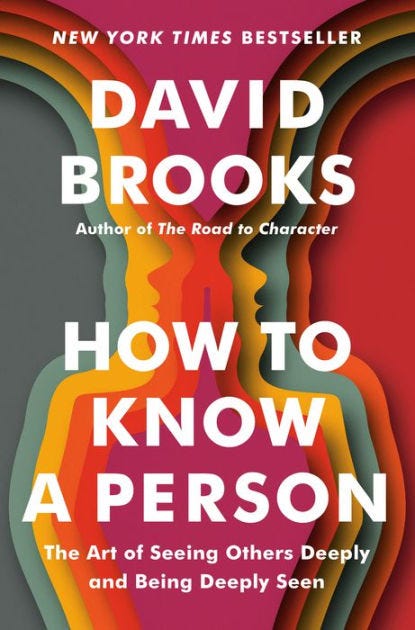Build Deeper Connections with 'How to Know a Person'
Unlock the Secrets to Deep Human Connection.
David Brooks' "How to Know a Person" explores the crucial role of empathy, active listening, and recognizing human dignity in fostering genuine connections. Through personal anecdotes, psychological insights, and practical advice, Brooks demonstrates how these skills can transform relationships and create a more compassionate society. The book emphasize…
Keep reading with a 7-day free trial
Subscribe to Idea and Digest to keep reading this post and get 7 days of free access to the full post archives.


